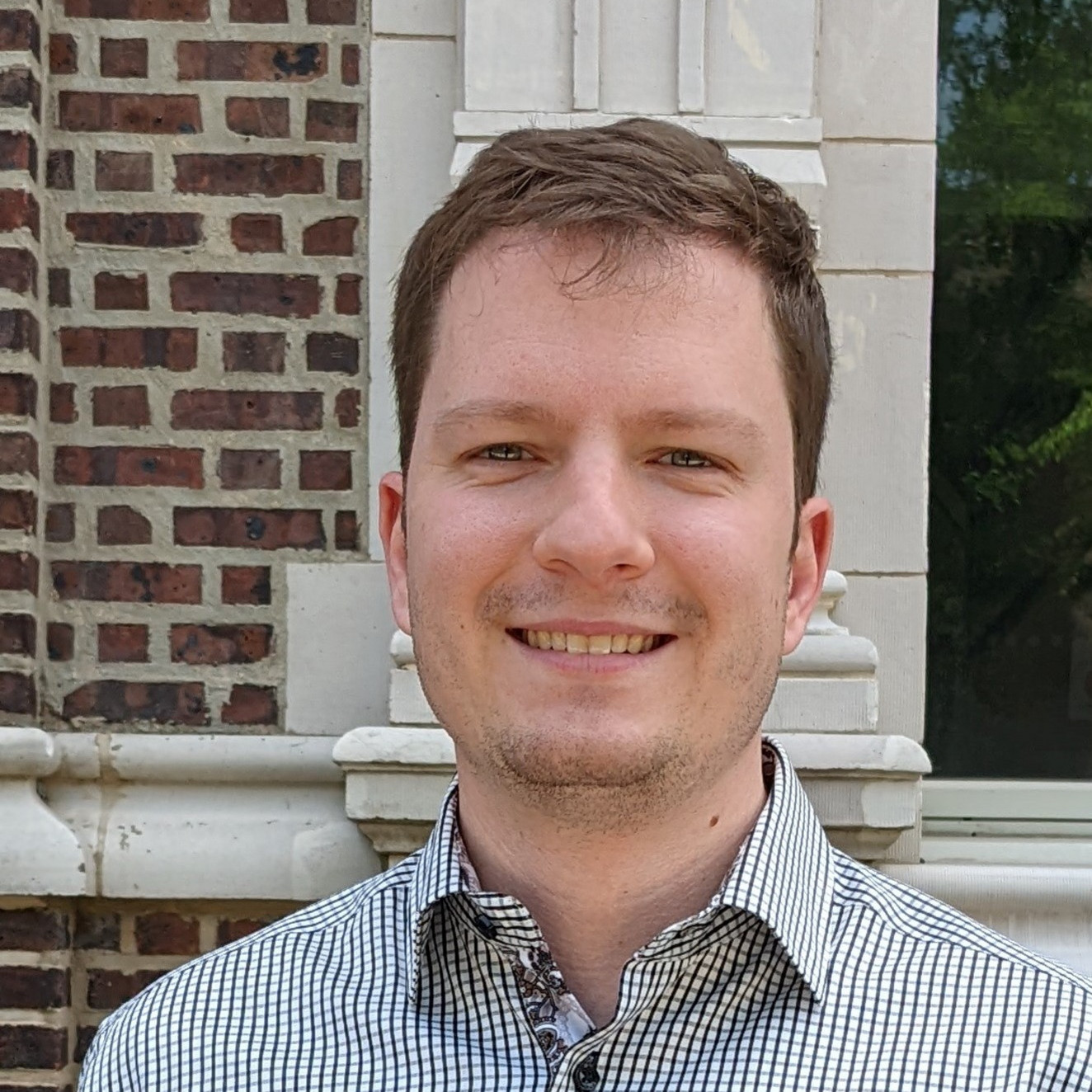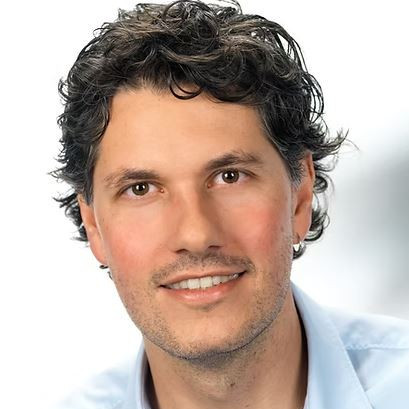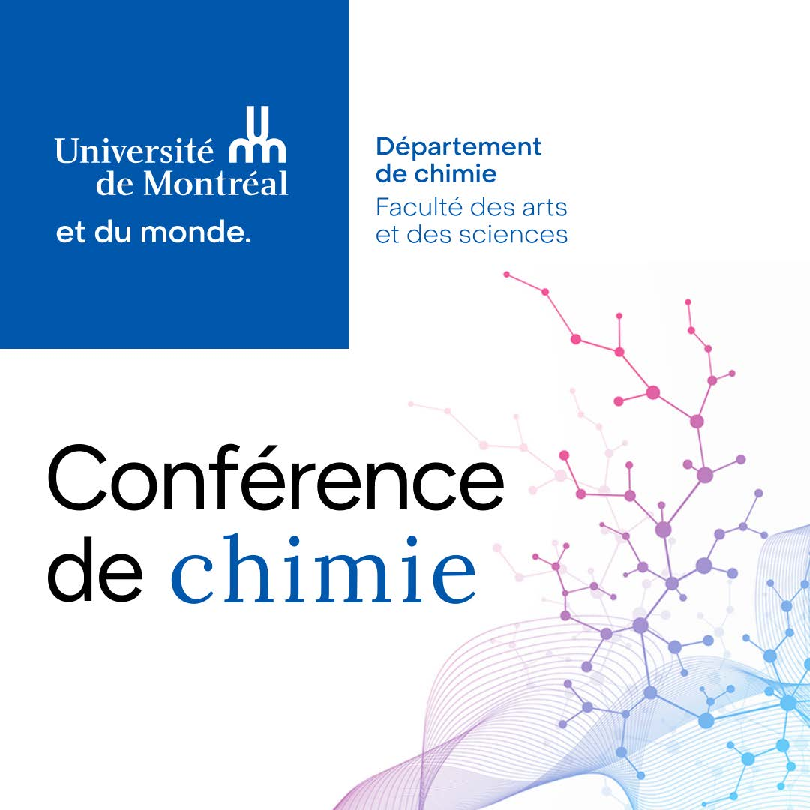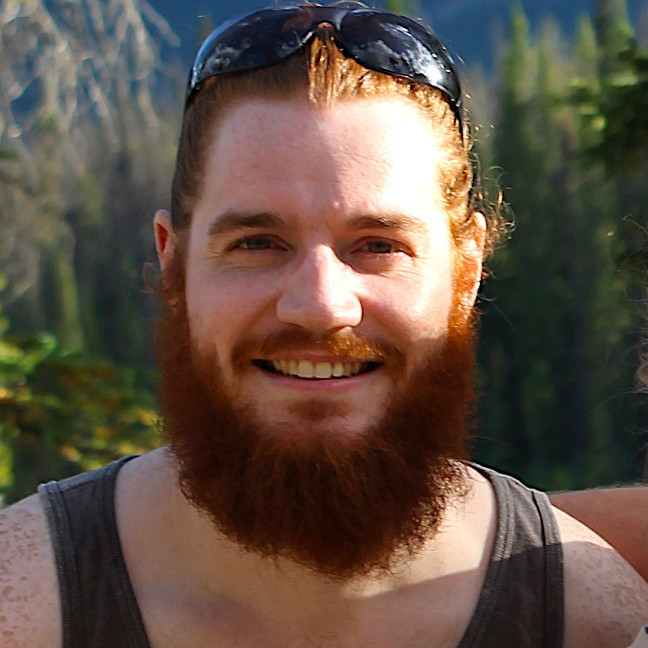
Conférence de chimie CCVC avec Prof. Pier-Alexandre Champagne (New Jersey Institute of Tec
Montréal (QC) H2V 0B3
Description
Titre : Computational and experimental approaches to understand and control reactive sulfur species
Bio :
Pier Alexandre Champagne is an Assistant Professor in the Chemistry and Environmental Science Department at the New Jersey Institute of Technology (NJIT). He obtained his Ph.D. in Organic Chemistry from Université Laval (Québec, Canada) in 2015, with his experimental work on the reactivity of organofluorine compounds under the supervision of Prof. Jean-François Paquin. He then joined Ken Houk’s group at UCLA as a FRQNT postdoctoral fellow, where he completed various computational investigations of organic reaction mechanisms, mostly focusing on cycloadditions and organocatalysis. He then worked on transition metal catalysis in Michael Organ’s group at the University of Ottawa, before joining NJIT in 2019. His research interests are at the interface of experimental and computational organic chemistry, solving problems in the fields of organosulfur chemistry, carbocation reactivity, and enantioselective organocatalysis.
Résumé :
Sulfur’s unique properties, such as the stability of all its oxidation states (-2 to +6) and its catenation behavior, give rise to a variety of sulfur-containing molecules with important roles throughout biochemistry, materials science, and organic synthesis. Among those, reactive sulfur species (RSS) are a class of sulfur-based functional groups including H2S, persulfides (RS2H), polysulfides (R2Sn, n>2), nitrosothiols (RSNO), and others, which are now recognized as important biological intermediates with various physiological and pathological effects on the cardiovascular, nervous, immune, and endocrine systems. These effects are due to the involvement of RSS in the H2S signaling pathways and in the protection of cells against oxidative insult through, among other mechanisms, protein persulfidation. Despite the proven importance of RSS and polysulfides, their intrinsic reactivity under organic or biological conditions is still poorly understood due to their thermodynamic and kinetic instability, making experimental characterization, probing, and isolation of individual RSS challenging.
This presentation will showcase our group’s recent efforts in advancing the chemical understanding of RSS, through the application of computational tools (e.g. Density Functional Theory (DFT) calculations) and the development of novel photoactivated small-molecule donors. Various examples of importance for inorganic chemistry, organic synthesis, and chemical biology will be discussed, highlighting the general rules of RSS reactivity that have been uncovered throughout. Overall, our work opens up new possibilities for the study and control of polysulfides and RSS in various settings, despite their complicated behavior.


